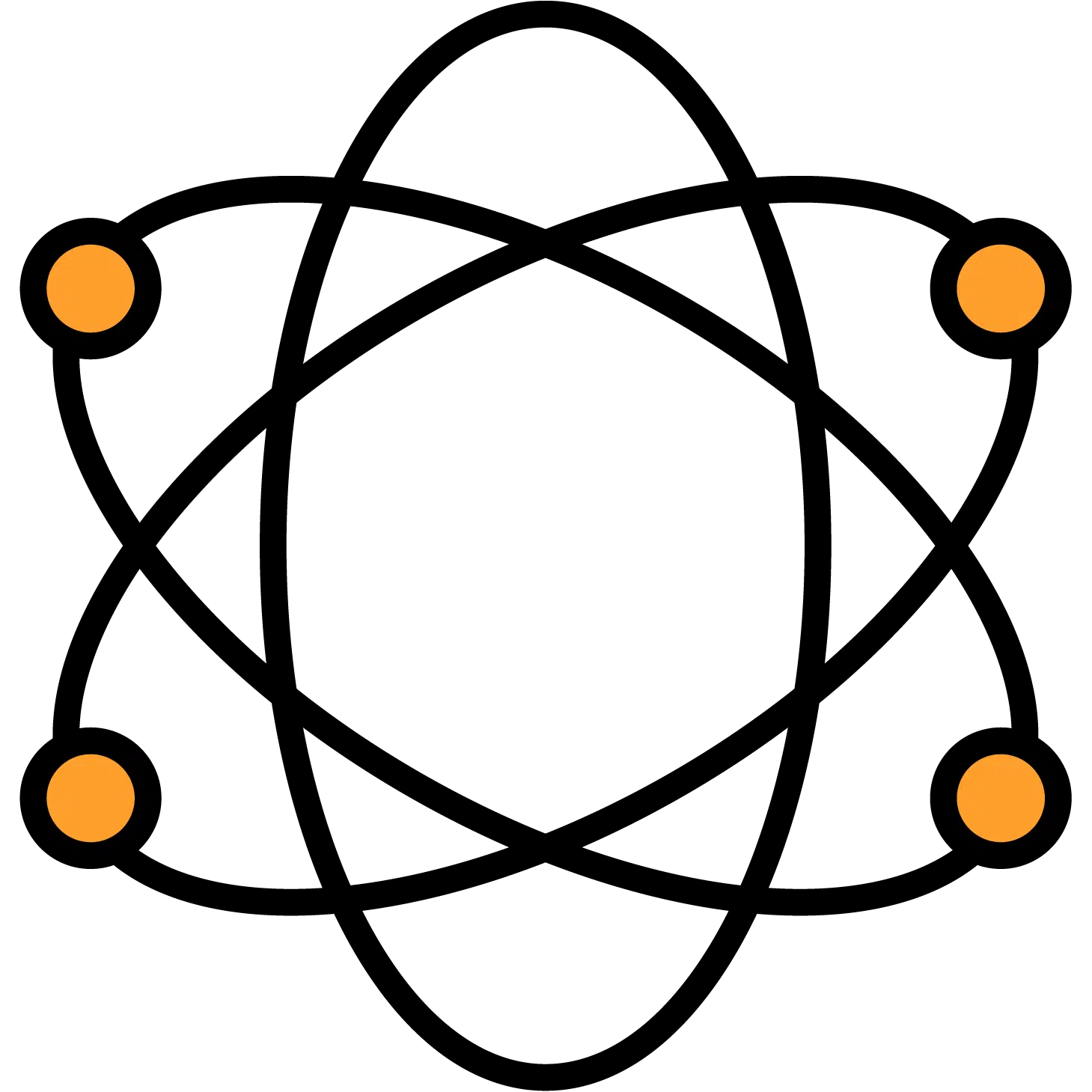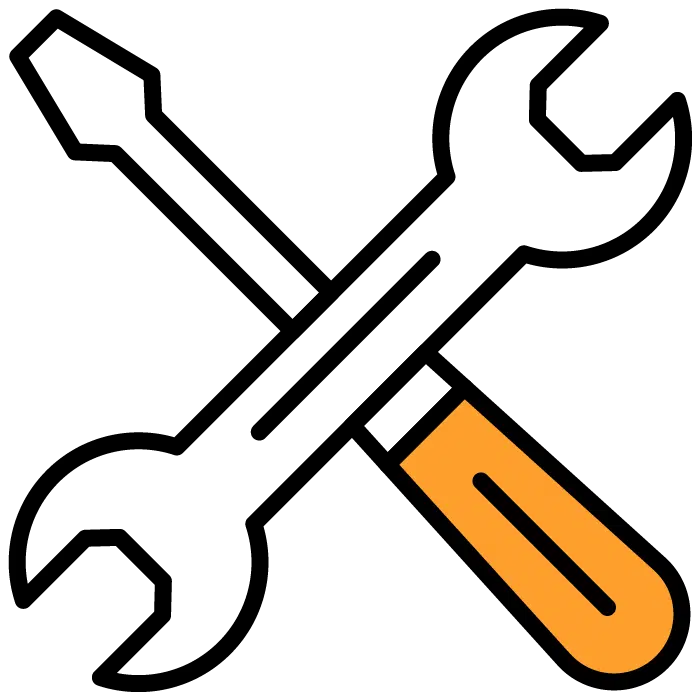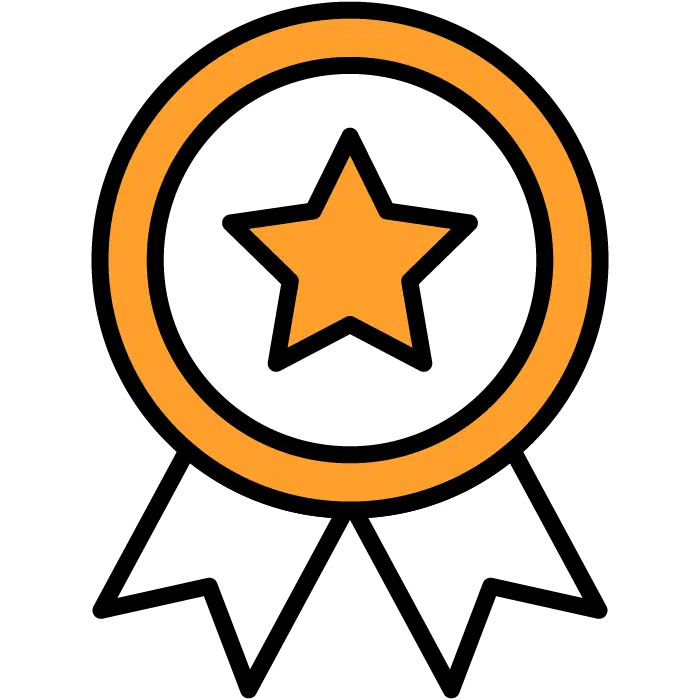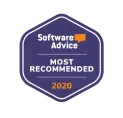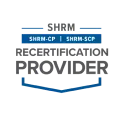HRIS can be a powerful tool to monitor your company’s employee data. As your company grows, HRIS systems may become necessary to keep track of human resource data and tasks.
What is a Human Resources Information System (HRIS)
What is HRIS? HRIS are software systems that monitor employee data and human resource tasks. They are a human resources management tool that keeps track of information on employees, talent acquisition, and general company reporting. They also help HR departments conduct payroll, monitor employee certifications, keep track of performance metrics, and more.
Knowing this information and how to access it is a crucial task for businesses. Keeping payroll correct and having accurate numbers for taxes are essential functions for any company.
These systems can help small businesses handle their people-management needs with less hassle. For larger firms, Human Resource Information Systems are necessary to keep all HR information in one central location.
What Does HRIS Stand For?
HRIS stands for Human Resouce Information System, but it can also be referred to by other names. HRMS, Human Resouce Management Systems, or HRM, Human Resource Management, are two other examples. Each of these acronyms describes the same type of software, and they are often used interchangeably.
What Are the Components of HRIS
Essentially, Human Resource Information Systems make businesses more compliant and more efficient. The main components of the software are as follows.
- Recruitment and Applicant Tracking: maintain a database of candidates and match applications to open positions. Keep track of where applicants are in the recruitment cycle, from submitting a resume to onboarding.
- Performance Management: See how individual employees, teams, and departments are measuring success. Compare performance benchmarks across these categories.
- Payroll: Track salary information and distribute paychecks.
- Compliance: Ensure that all data required by the government and other regulatory bodies are being recorded. This includes tax information and tracking if employees are up-to-date on required certifications.
- Time, Attendance, and Scheduling: If you pay employees by the hour, you’ll need to maintain a system for scheduling employees. You’ll also need to track hours worked for payroll purposes.
- Reporting and Data-Driven Decisions: HRIS offers data management services and can create data reports to help your company make more data-driven decisions.
These are some of Human Resource Systems’ main functions, but they can track and maintain whatever information your company needs.
HRIS Specialist & HRIS Analyst
To use a Human Resource Information System effectively you’ll need to continue to input data and maintain the system. Consider hiring or assigning a specific employee, called an HRIS Specialist, to maintain the HRIS on behalf of the company. HRIS Specialists are responsible for training other employees to use the system correctly.
Like Specialists, HRIS Analysts also work with the HR system. However, Analysts are needed to maintain the system and its data.
If your company isn’t large enough to warrant HRIS Specialists or Analysts, you can still use Human Resource Systems. However, keep in mind that as your business grows you might need to assign personnel to take ownership of an HRIS. This will eventually become necessary to ensure that the system is running as it should.
HRIS vs HRMS vs HCM – What Are the Differences?
HRIS and HRMS both offer similar functions and are sometimes used interchangeably. Both services help companies organize data, complete HR functions, and work as a talent acquisition software.
HCM systems also fulfill these roles. However, HCM usually refers to the broader function of HR management. It does not necessarily imply talent acquisition systems the way HRIS and HRMS suggest.
HRIS Benefits
At its core, HRIS systems improve your business’s internal operations processes. They can help you
- Save time and labor costs
- Make more data-informed decisions
- Allow employee self-service to create a better user experience
- Allow your business to grow
- Maintain compliance
- Human capital management
- Improve overall record keeping
The Challenges of Human Resources Systems
Although there are many upsides to Human Resource Information Systems, they also have some challenges. They can be costly to maintain, especially when you first impediment the new system. You’ll need to train employees on how to use the software and assign someone to maintain the process.
Storing all of your company’s data in an HRIS can also pose a security threat. Your business’s data could become at risk if the system’s security measures fail.
Why Do HRIS Sometimes Fail?
HRIS systems can offer a significant benefit for companies, but they aren’t always foolproof. To use a Human Resource Information System successfully, you need to be willing to properly invest in them.
Businesses that don’t allocate proper management, training, and resources to their HRIS systems might not find value in their use. Acquiring an HRIS system only to neglect its upkeep can end up costing your company more then you’ll gain.
To have a successful system, you’ll need to be willing to create the right architecture and environment. When used properly, Human Resource Information Systems can help your company become more efficient and create a better working environment for your employees.
How to Choose an HR Software System in 2023
Choosing an HR system depends on what you want the software to do and how large your company is. If you have a smaller business, you’ll probably want a more basic HRIS system.
However, if you have over 50 employees, you might need a more expansive system to better maintain more information.
Research what the best HR systems are for the tasks you need the system to help you with. Some Human Resources Information Systems are best suited for applicant tracking while others might have a better automated payroll system.
What Are Some Examples of HRIS Systems?
- Operational: Operational HRIS systems are best used for managing the day-to-day HR needs for your company.
- Tactical: Tactical HRIS is best for data-informed decision-making and longer-term HR tasks. They are often used for talent management and recruitment processes.
- Strategic: Strategic HRIS generates high-level analytic reports designed to help make long-term assessments on the company.
- Comprehensive: Comprehensive HRIS systems are used to carry out multiple HR functions. These softwares understand the vast amount of HR tasks that need to be done and offer a one-system solution.
- Limited-Function: For businesses with limited HR needs, limited-function HRISs are an option. These usually complete only core HR tasks, such as payroll, and are a less expensive alternative.
Need a Human Resource Information System? Call us at 833-332-8378 to learn what Discovered Performance Hiring Software can do for your company.
